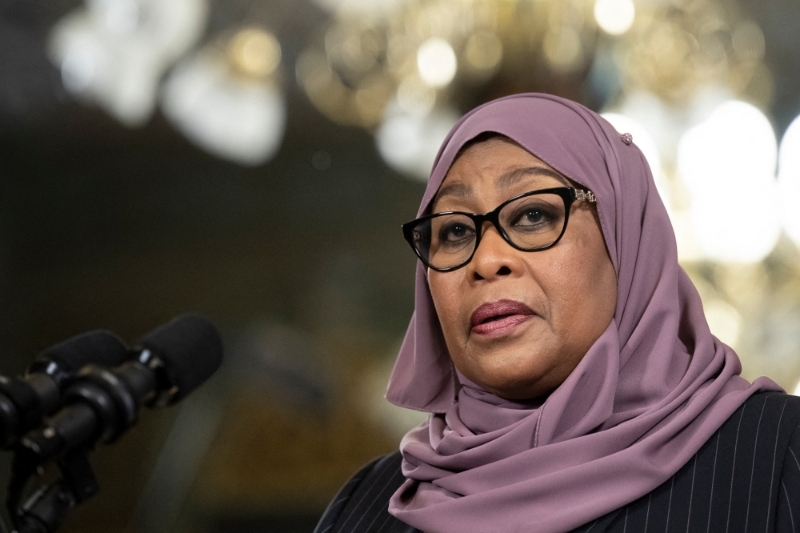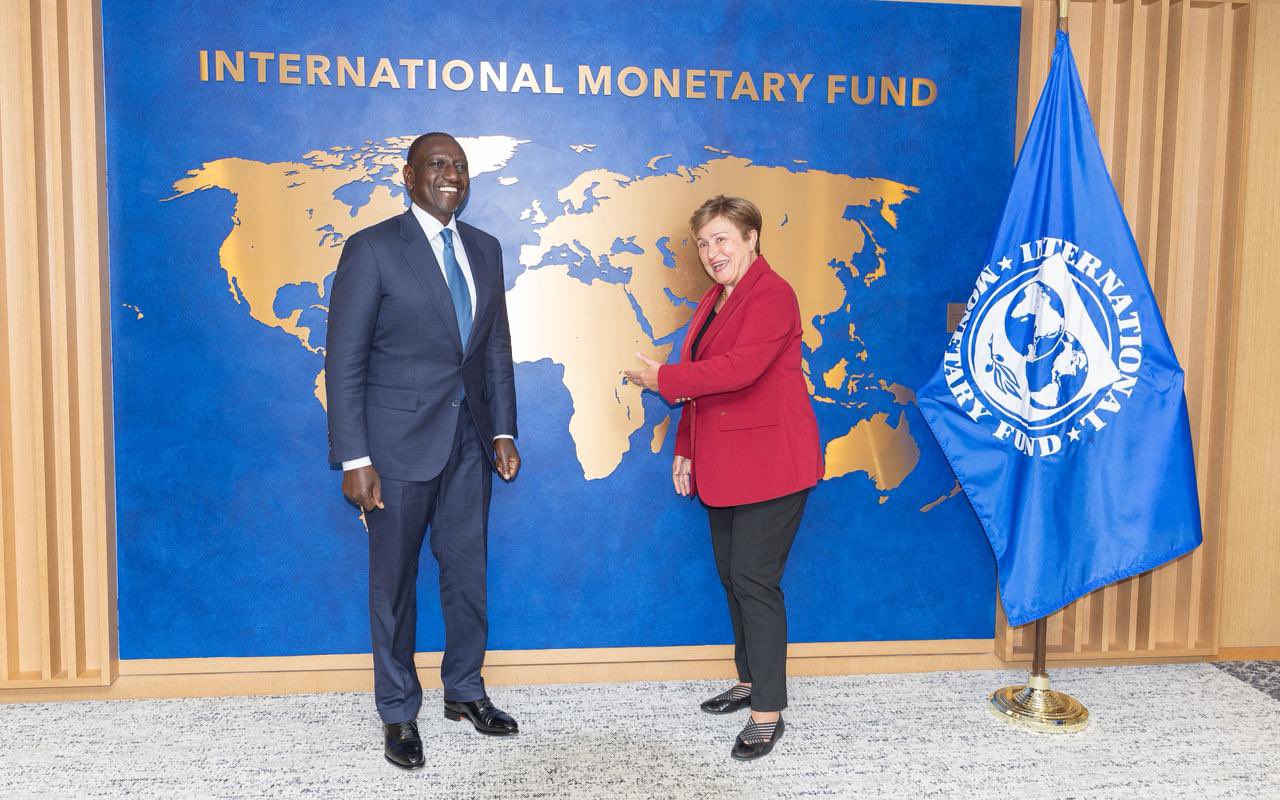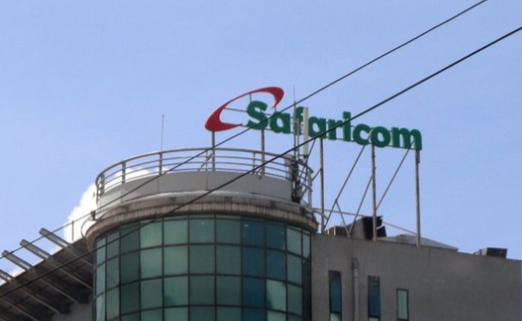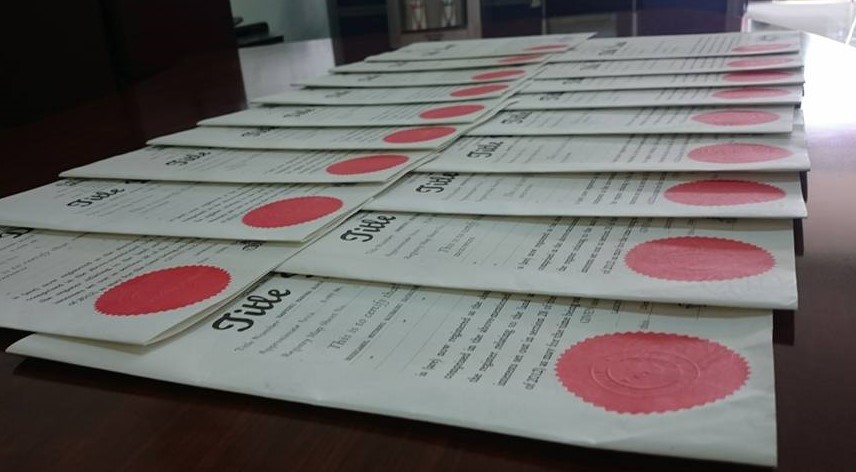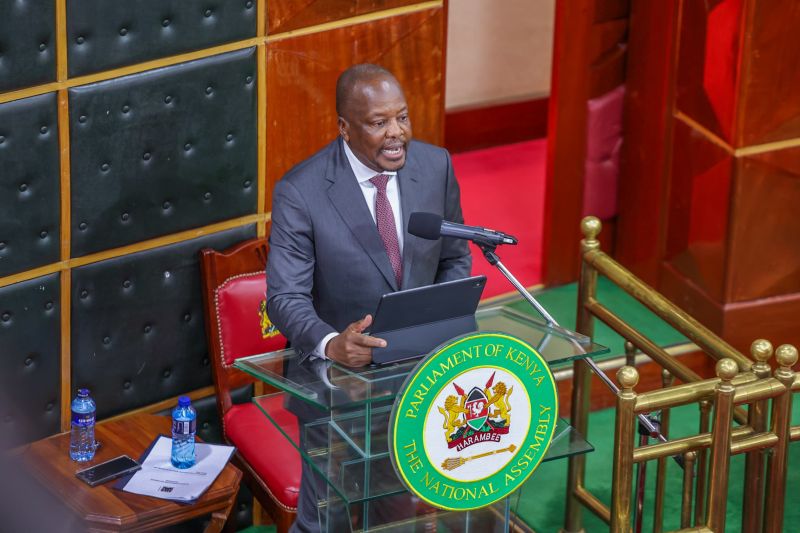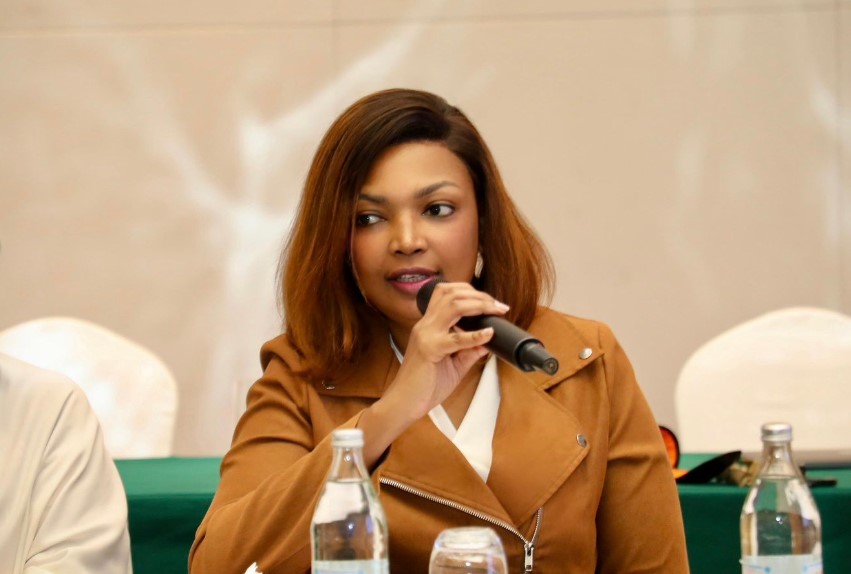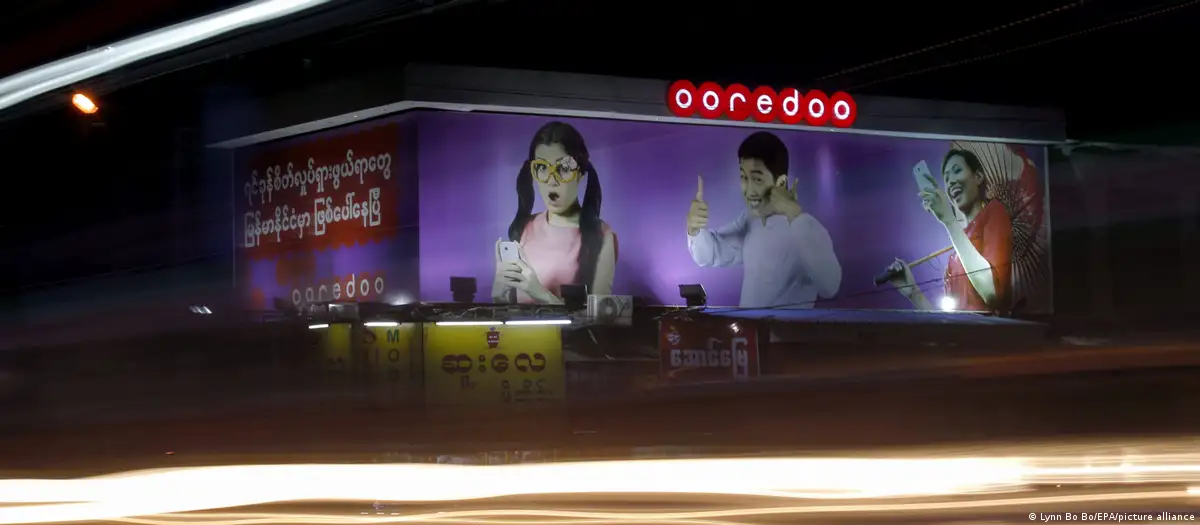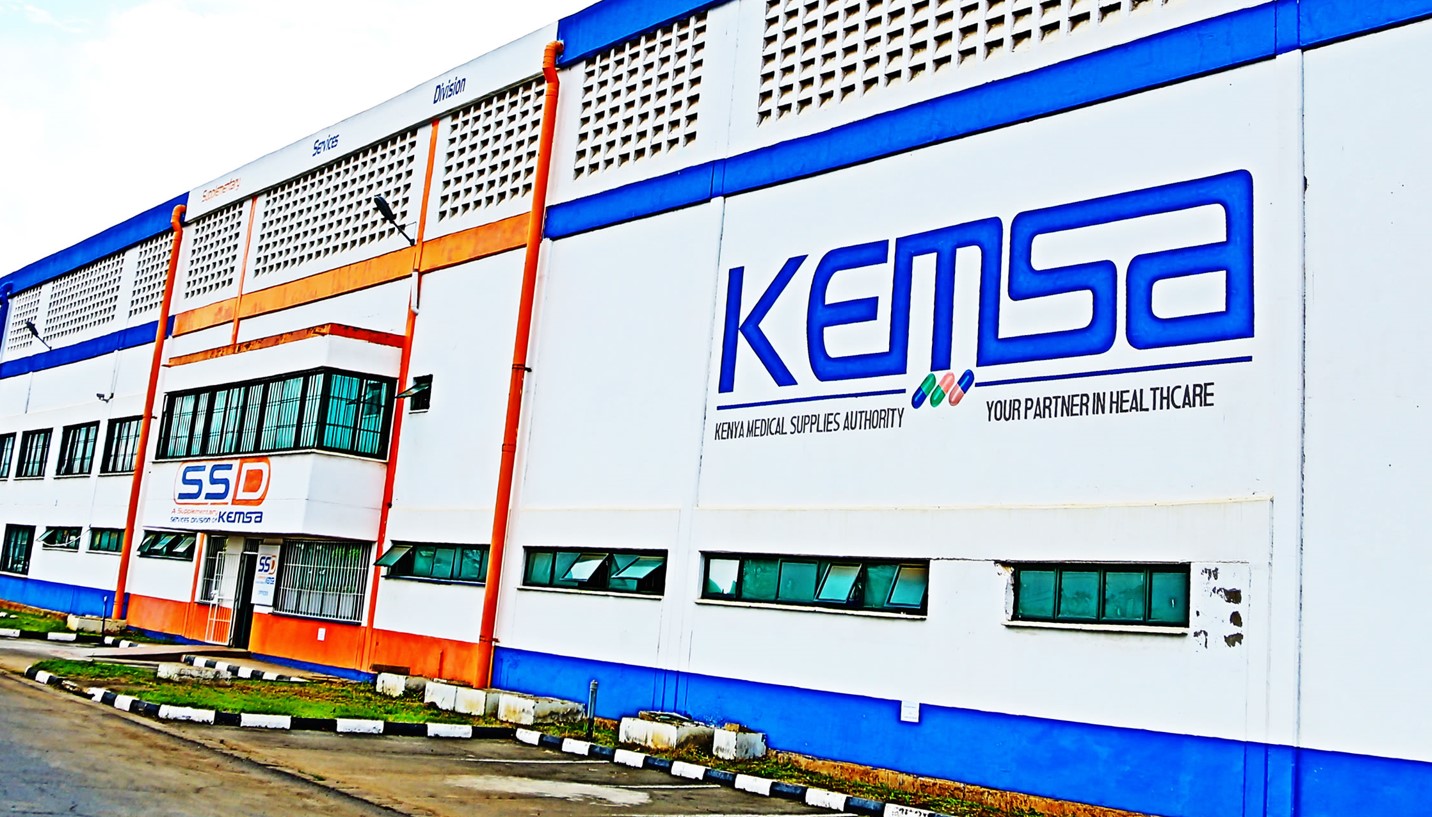Rwanda denies destabilising eastern Congo, accuses DRC government of fuelling unrest
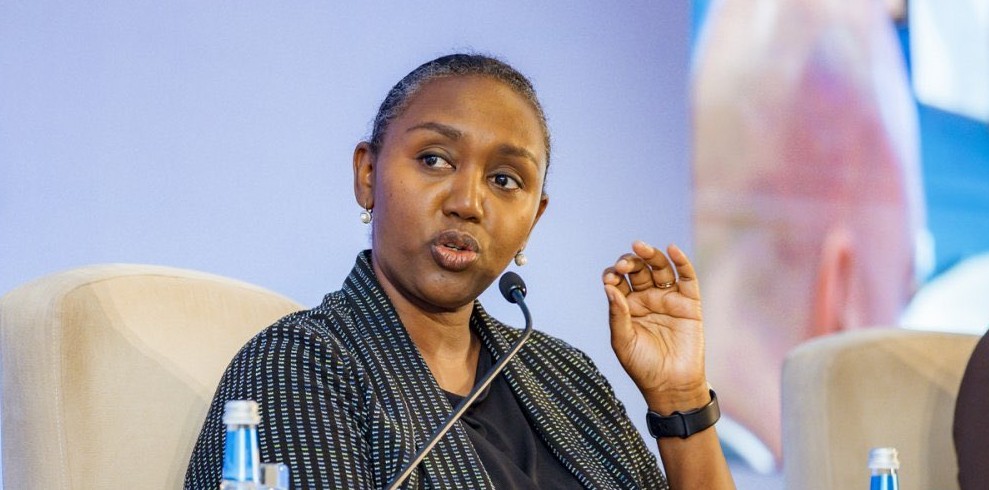
Rwandan government spokesperson Yolande Makolo responded by blaming the Congolese government for destabilising the area through support of armed groups and breaking peace agreements.
Rwanda has strongly denied accusations by the Democratic Republic of Congo (DRC) that it is behind the unrest in eastern Congo, calling the claims “misplaced” and a distraction from the DRC government’s own failures.
The accusations came after the Congolese Foreign Minister said Rwanda was violating the DRC’s sovereignty and supporting attacks against United Nations peacekeepers in the troubled region.
More To Read
- OPINION: Before pointing at Rwanda, Belgium must finally confront its own African history
- How AI and robotics are improving underground mine safety in Rwanda
- Somalia on high alert as Marburg virus outbreak hits neighbouring Ethiopia
- Rwanda Cabinet approves reforms on transport, currency, climate
- Wave of coups in Africa: What President Paul Kagame thinks
- DR Congo, Rwanda leaders to sign peace deal in US
Rwandan government spokesperson Yolande Makolo responded by blaming the Congolese government for destabilising the area through support of armed groups and breaking peace agreements.
“The Congolese Foreign Minister’s outrage is misplaced and cannot mask the Congolese government’s failure to protect its own citizens, not against Rwanda, but against the Congolese state itself,” she said.
Makolo rejected the narrative that Rwanda was behind the violence, pointing instead to Congolese armed groups as the main culprits.
“Who is really killing? The victims are Congolese, as are the perpetrators. It is not Rwandans who are killing in Beni, Ituri, Kwamputh, Goma, Minembwe, or Uvira, but Congolese armed groups —the VDP/Wazalendo and their allies, the FARDC/FDLR, supported and financed by the DRC government,” she said.
She also denied claims that Rwandan forces were responsible for bombings in eastern DR Congo, accusing the Congolese army of bombing civilians and Banyamulenge communities indiscriminately, including across the border into Rwanda.
'Indiscriminately bombing civilians'
“There are no Rwandan bombs. The Congolese army is indiscriminately bombing civilians even across the border into Rwandan territory. Who is bombing Minembwe? The FARDC and VDP/Wazalendo, targeting the Banyamulenge, the Congolese people it refuses to name,” Makolo said.
Makolo further accused the DRC government of failing to honour peace agreements signed in Nairobi, Luanda, and Addis Ababa.
“Who is violating the peace agreements? The Congolese government. At every stage, it is the DRC that is sabotaging peace efforts by refusing dialogue and recruiting foreign mercenaries,” she added.
On the other side, the Congolese Foreign Minister Thérèse Kayikwamba Wagner maintained that Rwanda continues to undermine peace and is linked to violence against UN peacekeepers.
“We have a very large peacekeeping mission, but one of our neighbouring countries, namely Rwanda, is among the biggest contributors to peacekeeping operations. Yet, at the same time, this country violates our territorial integrity and has been linked to violence against peacekeepers,” she said.
Asked about Rwanda’s security concerns, Wagner said, “Are the tens of thousands of people who have died Congolese or Rwandan? They are Congolese. Are the women who have been raped Congolese or Rwandan? They are Congolese.”
Despite these tensions, diplomatic talks continue.
The United States is awaiting responses from both Kigali and Kinshasa on a peace deal aimed at ending the violence. A senior US adviser said Washington has been in contact with the presidents of both countries, who helped shape the draft agreement.
The conflict in eastern Congo is driven by long-standing mistrust, ethnic tensions, and armed groups.
While the DRC accuses Rwanda of backing the M23 rebel group, Rwanda insists the DRC supports the FDLR militia, linked to the 1994 genocide against the Tutsi.
Rwanda has also pointed to past statements by DRC President Felix Tshisekedi calling for regime change in Kigali as threats to regional stability.
Top Stories Today

